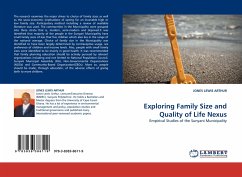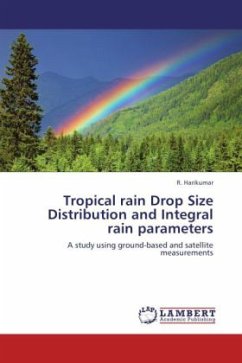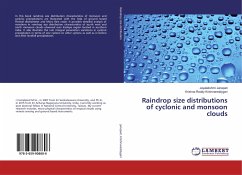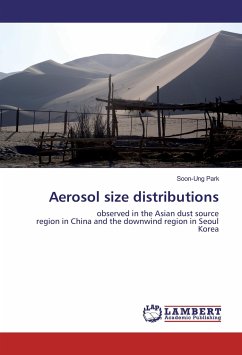The research examines the major drives to choice of family sizes as well as the socio-economic implications of opting for an invariable high or low family size. Participatory method including a review of available literature was used. The communities in the Municipality were grouped into three strata that is, modern, semi-modern and deprived.It was identified that majority of the people in the Sunyani Municipality have small family sizes of less that five children which also lies in the range of the national average. Choice of family size in the Municipality was identified to have been largely determined by contraceptive usage, sex preference of children and income levels. Also, people with small family sizes were identified to be mainly in good health. It was recommended that family planning education should be actively pursued by relevant organizations including and not limited to National Population Council, Sunyani Municipal Assembly (DA), Non-Governmental Organizations (NGOs) and Community-Based Organization(CBOs). More so, people should be made, through education, of the adverse effects of giving birth to more children.
Bitte wählen Sie Ihr Anliegen aus.
Rechnungen
Retourenschein anfordern
Bestellstatus
Storno








